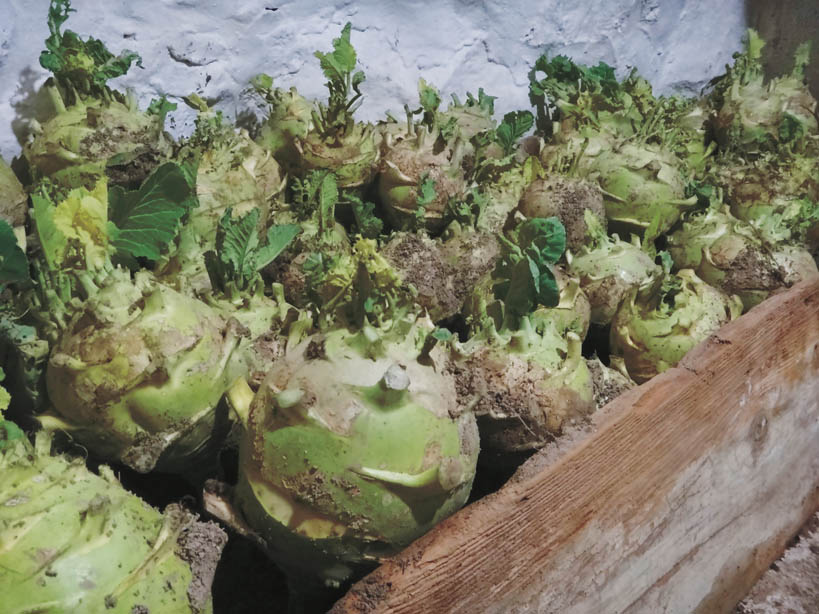“I will give you shepherds after my own heart who will lead you with knowledge and understanding.”
This is God’s beautiful promise in Jeremiah. Indeed, we need shepherds after God’s heart.
In our feature, Nicolien Klassen-Wiebe shares the experiences of three young women who have heeded the call to pastoral work. These women serve to fulfill part of God’s ancient, ongoing promise.
Their stories point to the communal nature of call and promise. The affirmation of the community was essential for these shepherds to hear and heed the call. The divine promise is then fulfilled, in part, through the affirmation of the community.
Look around you. Scan the horizon for people with gifts to be affirmed, callings to be revealed, passions in need of soil in which to grow.
For those who have discerned and responded to a call, of whatever sort, I offer a teaching shared with me by the late Gene and Mary Herr, important elders in my life. They said we do well to live between call and promise.
If God calls us, God offers a promise to go with that call. We do not fulfill a call on our own, or just with community; we live into divine promise. We surrender to divine promise. The work is God’s. The outcome is assured.
On pages 20 and 21, we offer a path into Advent. I never got Advent as a kid. It seemed like random, generic themes, such as joy and hope, melded, by use of cliché and candles, into something awkwardly approximating ritual. That’s harsh, but it was my experience. I didn’t see the distinctive nature of the season.
Now I experience Advent as a time of waiting, of winter fallow, of the quiet dark before the daybreak from on high that will visit us, as Zechariah proclaims in relation to the coming Messiah during the first Advent.
Of course, the calm and quiet nature of Advent must withstand the bluster of pre-Christmas activity and pressure that turn the holy into the hectic. This brings me to another lesson of the Herrs, particularly Mary. She would gently encourage people to excise the word “busy” from their vocabulary.
Try it this Advent.
“Are you keeping busy?”
“Actually I’m having a great week; it’s been wonderful to . . . .”
You don’t have to lie, just redirect, re-orient. Wean yourself of the presumed importance that comes with the term “busy.” Advent is for the humble servant of the Lord.
I also see Advent on pages 16 and 17. As fall turns to winter, Theo Wiederkehr reads Genesis in his root cellar, where the potential for new life rests, waiting in the dark for the daybreak.
Protected by a sort of kohlrabi covenant, select root vegetables lie dormant, protected, to be planted in spring to bear seeds in their second year, as is their way. The plants, then, will die, but the seeds will carry on.
I’m not equating kohlrabi with Jesus, or the Wiederkehrs’ root cellar with Mary’s womb, but the earthy, dark season of waiting is the mystery of Advent.
This is also the season of great darkness in Gaza, the West Bank and Israel. This Christmas, Bethlehem will again be under brutal occupation, not unlike the first Christmas.
On the back cover are the words of Munther Isaac, a Palestinian pastor speaking raw truths about the faith crisis of his people. The comments come from a November 3 web event, hosted by Sabeel, an organization well known to Mennonites, that offered the most compelling words I have heard or read in some time.
Finally, let me circle back to the feature about young pastors. One of the pastors quoted in that piece, along with two others, will be part of “Answering the Call,” a November 29 Canadian Mennonite online event. For more, see the yellow ad on page 28 or canadianmennonite.org/events.
I must also note that the feature marks Nicolien Klassen-Wiebe’s final contribution to Canadian Mennonite in the role of Manitoba correspondent, a position she has held for six years.
During that time, Nicolien wrote 254 articles. We thank her for her dedication, skill and keen attention to church happenings in Manitoba. We wish her the very best.








Leave a Reply
You must be logged in to post a comment.